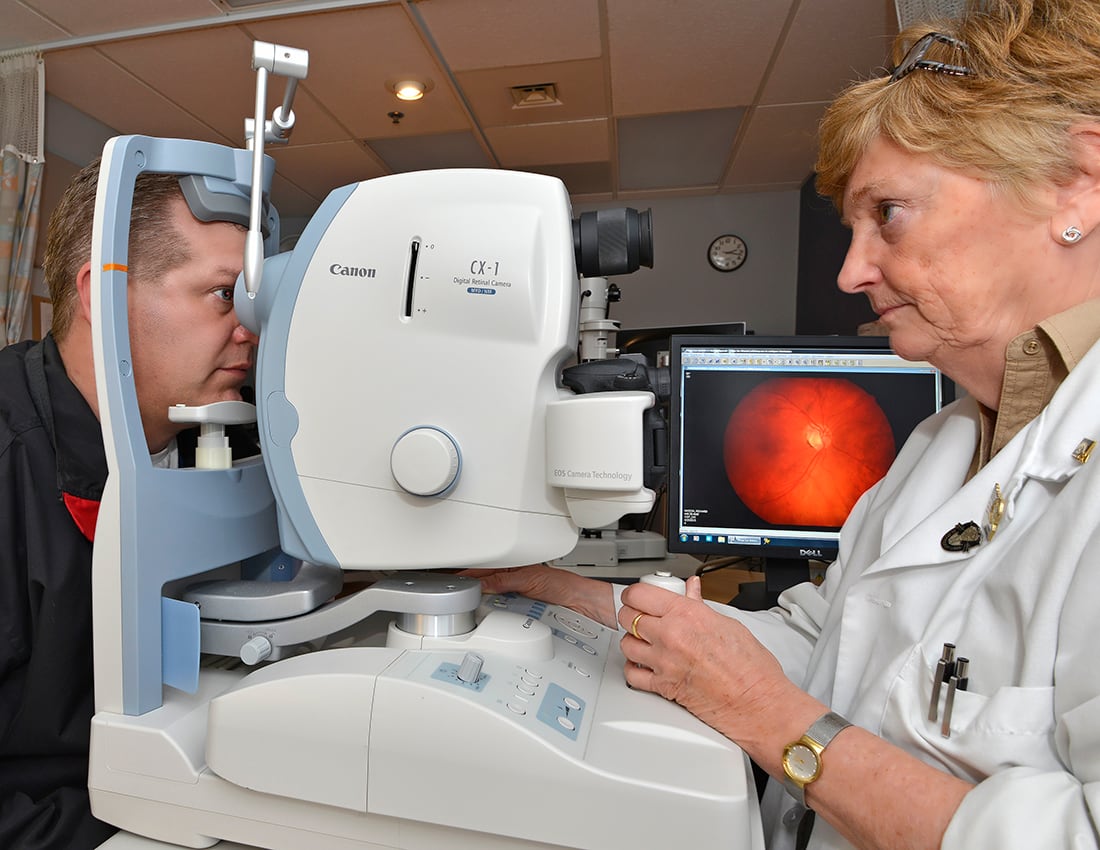While on patrol during one of his four war-zone tours, Staff Sgt. José Salcedo experienced firsthand one of the problems that can come with using alkaline batteries instead of lithium ones in sophisticated military gear.
At the time, though, he was more concerned about the explosion.
"I constantly check my battery indicator when I'm scanning with my thermal weapon sight," Salcedo said Oct. 7. "I checked it, and it said I had about half battery life. About 10 minutes later, our element was struck by an IED. So I immediately [began] scanning.
"At the time, we didn't know whether it was a pressure plate, or a trigger man at the end of a wire, or with a radio. So I started scanning, and after a couple of seconds of scanning, my thermal weapon sight died. ... It should've given me at least a couple more hours of use."
Officials with the division of Program Executive Office Soldier behind many high-battery-drain devices hope stories like Salcedo's will persuade soldiers to use lithium batteries in their sights, night vision goggles, precision targeting devices and similar technology.
And if anecdotes don't work, there's always the facts:
■ The gear put out by PEO Soldier's Soldier Sensors and Lasers division is tested using lithium batteries. Alkalines are "suitable, but not optimal," said Salcedo, with 2nd Battalion, 504th Parachute Infantry Regiment, 1st Brigade Combat Team, 82nd Airborne Division. Using the prescribed power ensures the device performs properly.
■ Lithium batteries, or L91s, weigh 37 percent less than alkaline batteries. While a soldier might not notice the difference with a simple four-pack, it can add up — Salcedo said making the switch for high-drain gear saved him about a pound a day on patrol, and that number could triple for a reconnaissance soldier using enhanced NVGs or other high-drain devices.
■ The L91s will last at least twice as long as alkaline batteries under regular conditions. The power gap widens in extreme conditions — L91s have been tested from 140 degrees down to minus-40, and have more than 10 times the juice at the low end of that scale than an alkaline battery, according to the PEO Soldier website.
■ Thanks to that performance edge, lithium batteries end up cheaper in the long run, PEO Soldier officials say, and supply personnel shouldn't worry about ordering too many: They'll be good for up to 15 years.
Think before powering up
PEO Soldier's sensors and lasers division launched a reminder campaign in late September to emphasize all of the above; details are available at https://peosoldier.army.mil, and the program even has a social-media hashtag: #PowerUpProperly.
"We're always getting feedback, especially right after we do our new equipment training," said Joe Pearson, logistics management division director for the SSL program. "We found that soldiers are using alkalines in lieu of what we're issuing. We're reiterating what the best solution is."
The abundance of alkaline batteries available for low-drain items, such as GPS receivers, makes it easy for soldiers to swap them into NVGs or sights. A PEO Soldier spokeswoman said the push has resulted in increased requests for lithium batteries.
War fighters "need to get the proper training and the proper energy solution to make sure they're powered up," Pearson said. "We don't want the equipment to inadvertently shut down."





